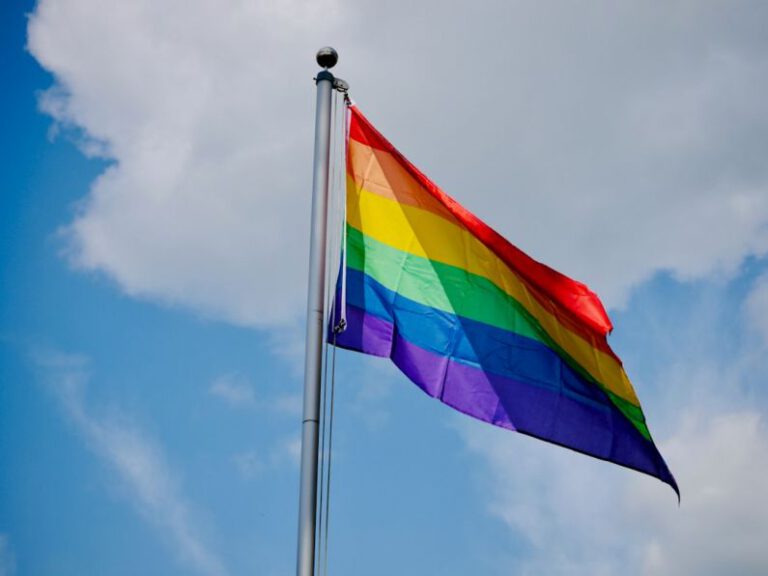Dress Codes Explained: Respecting Local Attires
Navigating the intricacies of dress codes while traveling can be a daunting task. Each culture has its own set of norms and expectations when it comes to attire, and what may be deemed appropriate in one place could be seen as offensive in another. Understanding and respecting local dress codes can not only help you blend in seamlessly but also show respect for the traditions and customs of the community you are visiting.
**Understanding Cultural Sensitivities**
One of the key aspects of respecting local attire is understanding the cultural sensitivities of the destination you are visiting. Clothing can carry deep cultural significance, reflecting values, beliefs, and traditions that may be unfamiliar to outsiders. By taking the time to learn about the local dress codes, you can avoid inadvertently causing offense or disrespecting the local culture.
**Research Before You Go**
Before you embark on your travels, it’s essential to research the dress codes of the country or region you will be visiting. This can involve reading up on cultural norms, consulting travel guides, or reaching out to locals for advice. By familiarizing yourself with the dos and don’ts of local attire, you can ensure that you are appropriately dressed for any occasion.
**Adapting to Local Styles**
While it’s not necessary to completely overhaul your wardrobe to conform to local dress codes, making an effort to adapt to local styles can go a long way in showing respect for the culture you are visiting. This could involve incorporating traditional clothing items into your outfits, such as wearing a sarong in Bali or a keffiyeh in the Middle East. Not only will this help you fit in with the locals, but it can also be a fun way to immerse yourself in the local culture.
**Respecting Religious Customs**
Religion often plays a significant role in shaping dress codes around the world. In many countries, certain clothing items may be considered inappropriate or offensive due to their religious connotations. For example, in predominantly Muslim countries, it is customary for both men and women to dress modestly, covering their shoulders, knees, and cleavage. Being mindful of these religious customs and dressing appropriately can help you show respect for the local community.
**Practical Tips for Dressing Appropriately**
When in doubt, it’s always best to err on the side of caution and dress more conservatively. Opt for clothing that covers your shoulders, knees, and cleavage, particularly when visiting religious sites or conservative communities. Avoid wearing clothing with offensive language or symbols, as these may be misinterpreted or deemed disrespectful. When in doubt, observe how the locals are dressed and follow their lead.
**Conclusion: Embracing Cultural Diversity Through Attire**
Respecting local dress codes is not just about following rules; it’s about embracing the rich tapestry of cultural diversity that makes our world so vibrant. By taking the time to learn about and adapt to the dress codes of the places you visit, you are not only showing respect for the local customs but also opening yourself up to new experiences and perspectives. So, the next time you pack your bags for a new adventure, remember to consider the local attire – it’s a small but meaningful way to connect with the world around you.






